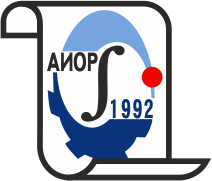1. ERASMUS +
The new Erasmus+ programme aims to support actions in the fields of Education, Training, Youth and Sport for the period 2014-2020.
Erasmus+ replaces seven programmes bringing together
- The Lifelong Learning Programme (Erasmus, Leonardo da Vinci, Comenius, Grundtvig and Jean Monnet)
- The Youth in Action programme
- Five international cooperation programmes (Erasmus Mundus, Tempus, Alfa, Edulink, the programme for cooperation with industrialised countries)
- The new sport action.
Key Actions:
- Key Action 1: Learning mobility of individuals
- Key Action 2: Innovation and good practices including Capacity-building projects in the field of higher education
- Key Action 3: Support for policy reform
- Jean Monnet
- Sport
More info about Erasmus+ Programme:
